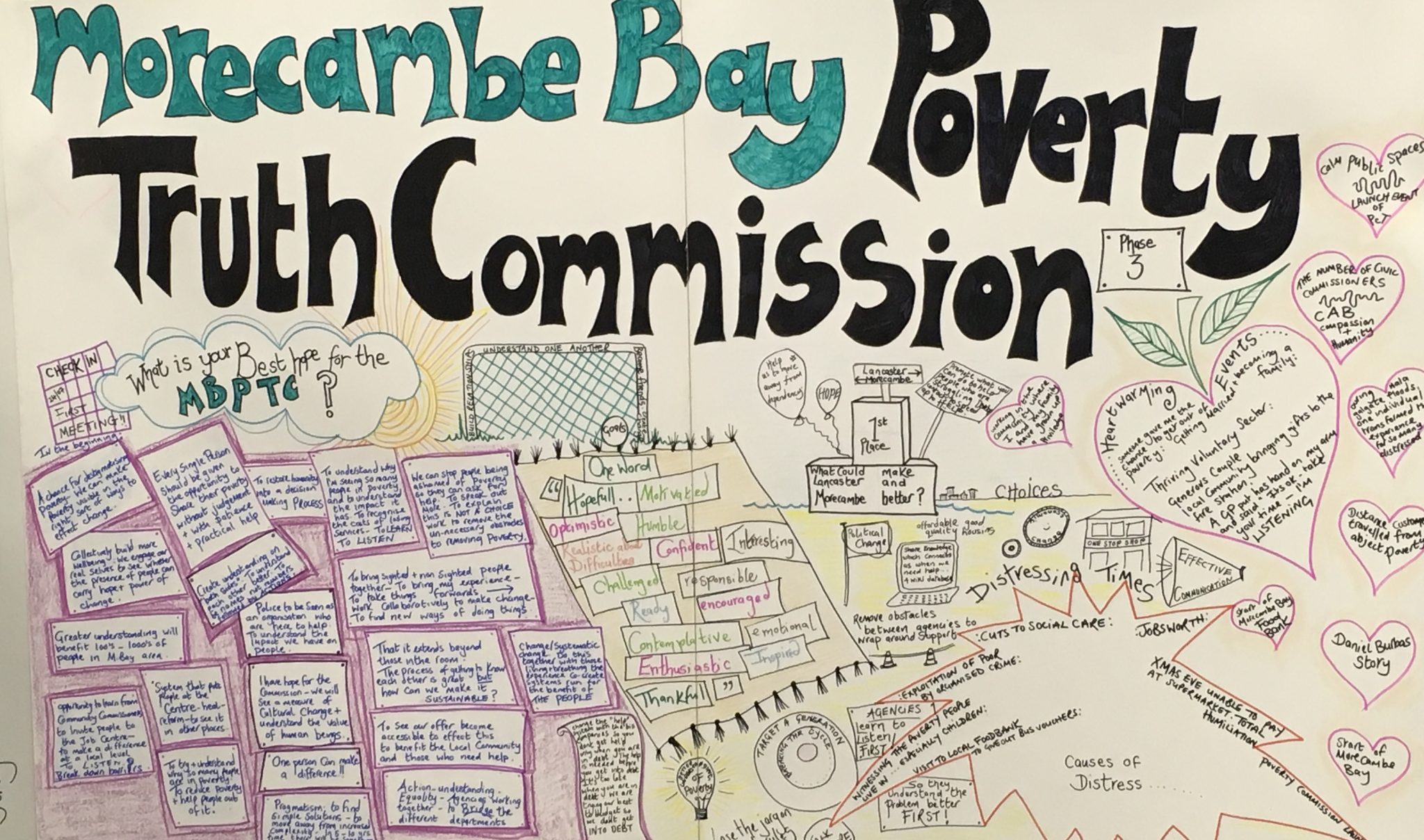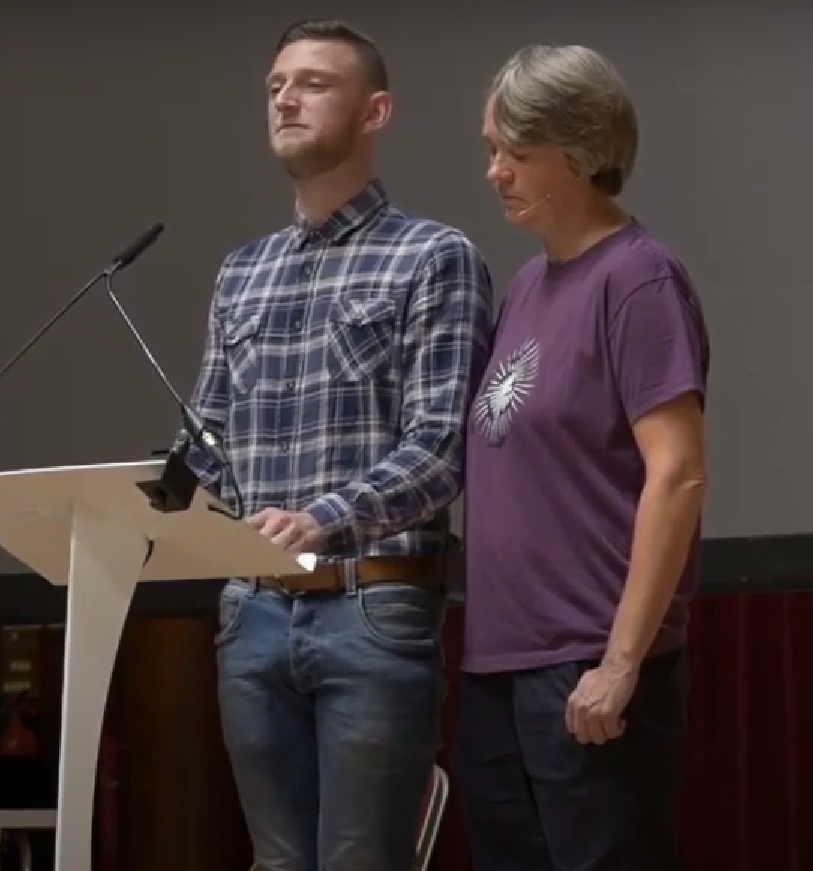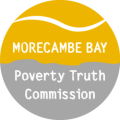about us
history
The Poverty Truth Commission started in Scotland in 2009, before the movement grew to Leeds, and is now becoming a UK wide community of local commissions. It is based in the learning from post-apartheid peacebuilding in South Africa, with its key theme ‘nothing about us, without us, is for us’.
A Poverty Truth Commission facilitates meaningful conversations and deep relationships between commissioners who are drawn from people expert through their own lived experience of poverty and those experienced in social, economic and political provision.
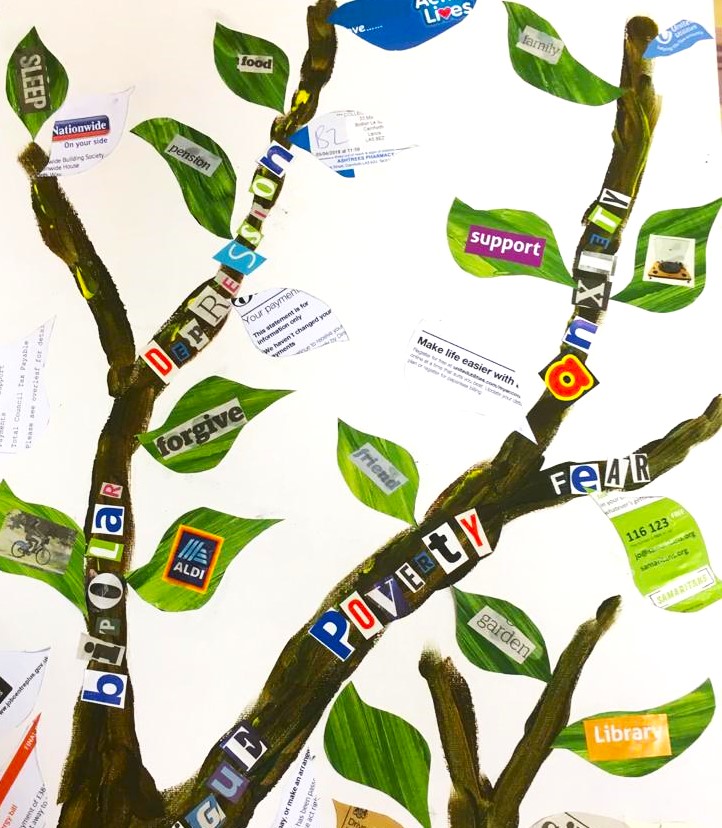
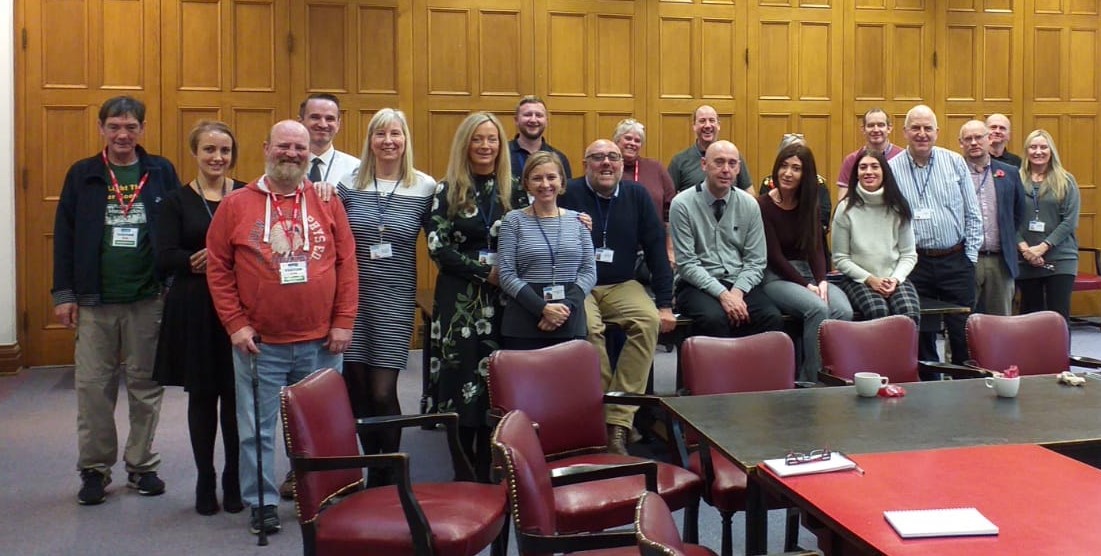
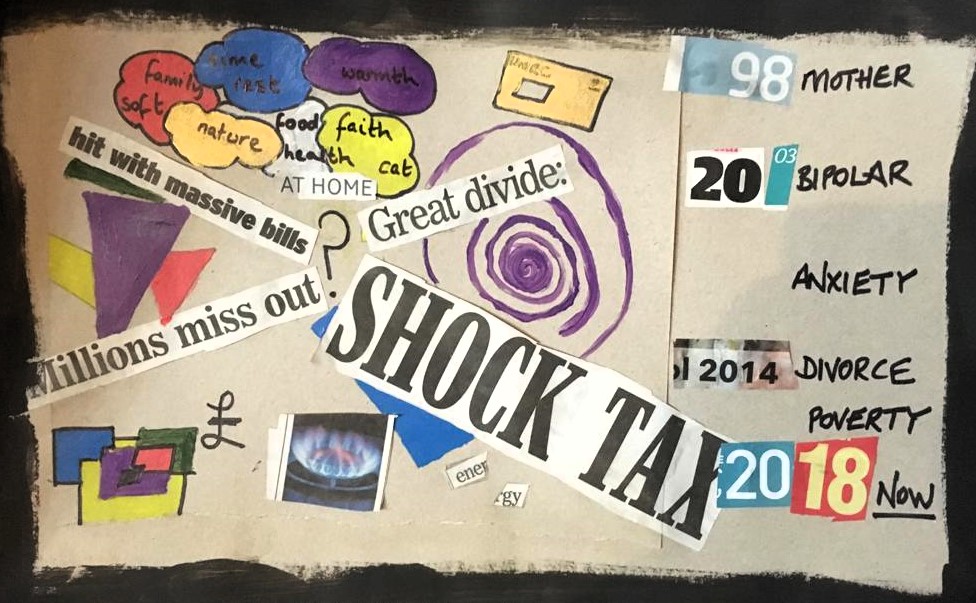
The Commission itself is to facilitate meaningful, hopefully transformative, listening and learning between two groups of people: those who understand poverty by living it, and those who know it from a governmental, civic or statutory point of view. Commissioners are therefore selected people eventually drawn from these two groups. Commissioners from the expert by lived experience group are sometimes called ‘testifiers’, or ‘community commissioners’. They meet together to identify the priority faces of poverty in an area. Commissioners from the local decision makers, sometimes called ‘civic commissioners’, meet the testifiers at the PTC Launch. From there, individual commissioners pursue ongoing, mutual, learning relationships with a commissioner from the other group.
Morecambe Bay Poverty Truth Commission began with a start up group of locally interested people in the late autumn of 2016. The decision was made to develop a commission beginning in the Lancaster City Council area. With the help of seed funding from the Joseph Rowntree Foundation and Seedbed, our first development worker was appointed in August 2017. Throughout the following year a group of local citizens with lived experience of poverty began to meet together and share their stories with each other. Gradually they decided who from positions of civic leadership locally they would like to share their stories with and these were invited to the formal launch of the commission in July 2018.
What is a poverty truth commission?
Why a Poverty Truth Commission in Morecambe Bay?
Of five young men in a homeless shelter in Lancaster, one has been on the streets for years, due to undiagnosed mental health issues; two were, and are, alcoholics; one, a very articulate ex-soldier, returned from Afghanistan to a broken marriage and PTSD, and the fifth has been drug-abusing since he learned it from his carers at the age of eight.
In our shared conversation, they were appreciative of one another’s responses, grateful for the help of support workers, all anxious about the looming 13-week deadline when they would have to move on. And all discovered that their shared struggle had been with social exclusion, with nowhere to connect to find whatever they needed to pull out of the cycle, however hard they wanted to change their own lives and the circumstances that damage so many. These are the story-telling experiences that change things for us all, and why we in Morecambe Bay set out to facilitate a Poverty Truth Commission in our area.
Background preparation included training opportunities both for NHS staff and local charities and community assets in active listening, a ‘coaching’ culture, and training sessions in the Art of Hosting and Harvesting Meaningful Conversations. All this meant that a broad network, with meaningful relationships, of local charities working among marginalised communities was in place, and continued to roll out further around The Bay.
At the same time, a significant activist network had been established at Lancaster University in the ‘Critical Thinking Group’, nested in the Richardson Institute for Peace Studies, a Quaker foundation located within the PPR department. This academic and grassroots collaboration issued in an intern research initiative on poverty in the Morecambe Bay Area in 2017 on behalf of MBPTC.
